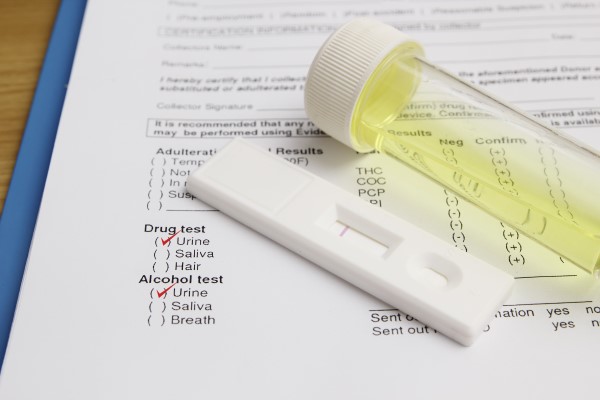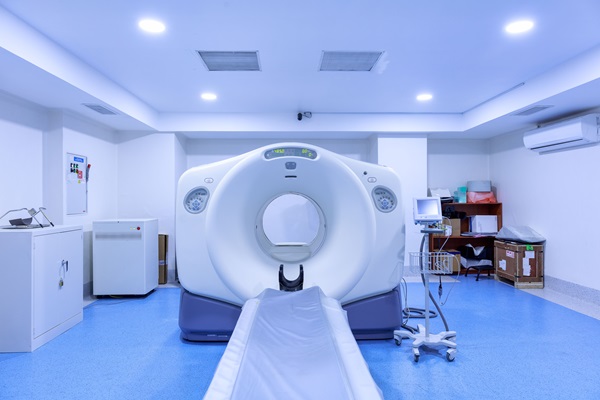DOT Drug Screening FAQs

If you are taking a DOT drug screening, you might have some questions about the regulations around it. For example, you may be wondering if your job prohibits you from ever using alcohol. Or you may be wondering how much time you will have if you have a random DOT drug screening. Keep reading for the answers to these and other common questions.
When can alcohol be used?
Subpart B of Part 382 lists prohibited behavior about drug and alcohol use. In this section, the use of alcohol is clarified. It says that using alcohol can affect how well the employee performs the function. For example, employees must not use alcohol during driving or managing machinery.
It is also prohibited from using alcohol for at least four hours before. Employees may not report or remain on duty with alcohol concentrations of 0.04. After an accident, the employee cannot use alcohol for eight hours after that or before an accident test. If the employee has an alcohol concentration of more than 0.02, they cannot perform functions for at least 24 hours.
How much notice is given for a random DOT drug screening?
The screening will not be announced, so as soon as the employee receives notice, they must go to the site. If the employee is performing a function, that job must be stopped. That allows the employee to go to the collection site quickly. The company may have scheduled an appointment for the individual.
If this is the case, the site will expect the driver at the time of the appointment. If too much time goes by, it might be considered a refusal to be tested. This can result in the employee being removed from job functions. In some cases, the employee might need to be let go.
Who needs a DOT drug screening?
The goal of the Department of Transportation is to have operators who are free of drugs and alcohol. However, the DOT operators are not the only ones who need to be tested. Security guards and flight attendants must also receive testing. Any job that might impact the well-being of passengers or workers meets these requirements. Other jobs also require employees to be free of drugs. These include:
- Operating a truck
- Repairing airplanes
- Working on airplanes
- Running a bus, train or ferry
What if the employee refuses?
Refusing a DOT drug screening is not allowed in the rules. If the driver refuses a test, the employer will treat the individual as though the test was failed. That will involve removing the driver from functions like driving. The driver may be referred to some different resources that help with alcohol and drug addictions.
Choose a DOT drug screening today
Depending on your job, you may be required to have this type of screening. Knowing what to expect can help you be better prepared. Getting this type of screening allows you to work in a variety of fields. You will need to have it before beginning your job.
Get more information about Texas Urgent Care & Imaging Center in New Caney at https://tx-urgentcare.com.
Check out what others are saying about our services on Yelp: Read our Yelp reviews.
Recent Posts
X-rays are popular tools medical professionals use to diagnose a wide range of health conditions quickly and safely. They allow these professionals to see inside the body without invasive procedures, making them invaluable in urgent and primary care settings. Whether identifying fractures, monitoring chronic conditions, or detecting abnormalities, X-rays are critical in ensuring timely and…
A CT scan, or computed tomography scan, is a diagnostic tool that provides detailed images of the body’s internal structures. This non-invasive procedure helps medical professionals diagnose and monitor various conditions, from injuries to chronic illnesses. Knowing what to expect during a CT scan can ease concerns and prepare patients for a smooth experience.A CT…
If you work in public transportation, you may need to have a DOT drug screening. The Department of Transportation (DOT) regulates this test and requires it for you. You might be wondering what this test is like. Keep reading to learn more.Congress passed the Omnibus Transportation Employee Testing Act in 1991. Congress knew that the…
Walk-in clinic provide convenient, accessible health care for non-emergency medical needs, making it an ideal choice when immediate attention is necessary. Understanding when to visit a clinic can help patients save time, avoid unnecessary trips to the emergency room, and receive quality care for their health concerns. These clinics handle various issues, offering fast, professional…


